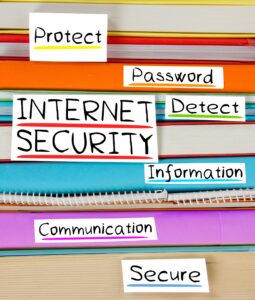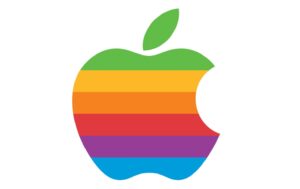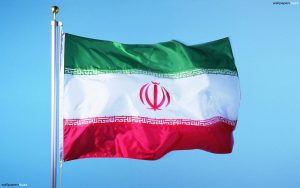A bad day in Iran.
A cyber-attack crippled gas stations across Iran on Tues., leaving angry motorists stranded in long lines.
Those trying to buy fuel receive a message reading ‘cyberattack 64411,’ mirroring a July attack on country’s train system
No group immediately claimed responsibility for the attack, which rendered useless the government-issued electronic cards that many Iranians use to buy subsidised fuel at the pump.
Ayatollah Ali Khamenei
It had similarities to another attack months earlier that seemed to directly challenge Iran’s Supreme Leader Ayatollah Ali Khamenei as the country’s economy weakens under American sanctions. Those economic problems worsen as the US & Iran have yet to jointly re-enter Tehran’s nuclear deal with world powers.
State tv quoted an unnamed official in the country’s National Security Council acknowledging the cyber-attack, hours after it aired images of long lines of cars waiting to fill up in Tehran. Associated Press journalists also saw lines of cars at Tehran gas stations, with the pumps off & the station closed.
No Fuel
“I have been waiting a couple of hours for the gas stations to reopen so that I can fill up,” complained a motorcyclist who gave his name only as Farzin. “There is no fuel wherever I go.”
The semi-official ISNA news agency, which 1st called the incident a cyber-attack, stated it saw those trying to buy fuel with a government-issued card through the machines instead receive a message reading “cyberattack 64411.” Most Iranians rely on those subsidies to fuel their vehicles, particularly amid the country’s economic problems.
Hotline
While ISNA did not acknowledge the number’s significance, that number is associated with a hotline run through Khamenei’s office that manages questions about Islamic law.
ISNA later removed its reports, claiming that it too had been hacked. Such claims of hacking can come quickly when Iranian outlets publish news that angers the theocracy.
‘KHAMENEI! WHERE IS OUR GAS?’
Farsi-language satellite channels abroad published videos apparently shot by drivers in Isfahan, a major Iranian city, showing electronic billboards there reading: “Khamenei! Where is our gas?” Another said: “Free gas in Jamaran gas station,” a reference to the home of the late Supreme Leader Ayatollah Ruhollah Khomeini.
State TV said Oil Ministry officials were holding an “emergency meeting” to solve the problem. Some petrol stations that accept only cash & are not in the subsidy card network continued pumping fuel.
64411
The use of the number “64411” mimicked an attack in July targeting Iran’s railway system that also saw the number displayed. Israeli cyber-security firm Check Point later attributed the train attack to a group of hackers that called themselves Indra, after the Hindu god of war.
Indra previously targeted firms in Syria, where President Bashar Assad has held onto power partly through Iran’s intervention in his country’s civil war.
Cheap petrol is practically considered a right in Iran, home to the world’s 4th-largest crude oil reserves despite decades of economic trouble.
Subsidies
Subsidies allow Iranian motorists to buy regular gasoline at 15,000 rials per litre. That is 5 cents a litre, or about 20c a US gallon. After a monthly 60-liter quota, it costs 30,000 rials a litre. That’s 10c a litre or 41c a gallon. Regular petrol costs 89c a litre or $3.38 a US gallon on average in the US, according to the US AAA.
In 2019, Iran faced days of mass protests across some 100 cities & towns over petrol prices rising. Security forces arrested 1,000s & Amnesty International said it believes 304 people were killed in a govt. crackdown. Tues’s cyber-attack came in the same month in the Persian calendar as the gasoline protests in 2019.
Shah’s Birthday
The attack also came on the birthday of the late Shah Mohammad Reza Pahlavi who, stricken with cancer, fled the country in 1979 just before the Islamic Revolution.
Iran has faced a series of cyber-attacks, including 1 that leaked video of abuses at its notorious Evin prison in Aug.
The country disconnected much of its govt. infrastructure from the internet after the Stuxnet computer virus — widely believed to be a joint US-Israeli creation — disrupted 1,000s of Iranian centrifuges in the country’s nuclear sites in the late 2000s.
https://www.cybernewsgroup.co.uk/virtual-conference-november-2021/









